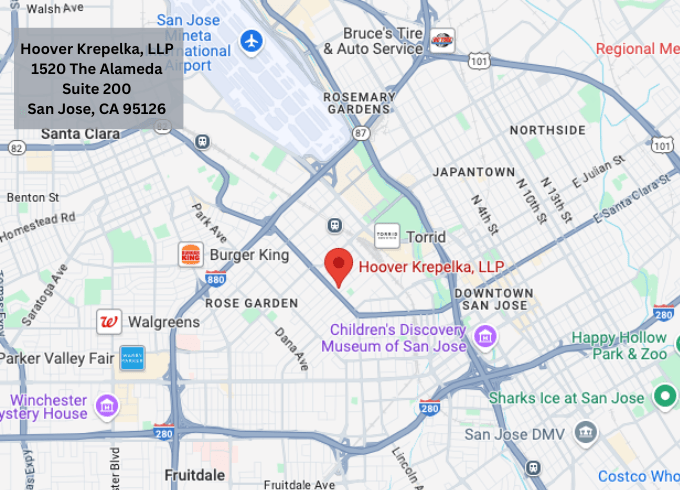It is not uncommon for parties to have judgments issued in a foreign jurisdiction. However, before you can enforce a judgment that is rendered by another country in the State of California, you must initiate a domestication action to seek its recognition by a California court. Once recognized, the judgment will be enforced in the same manner and to the same extent as a judgment rendered in the State of California.
Authority for Recognition
California courts have authority to recognize a foreign judgment for divorce, support, or maintenance, or other judgment rendered in connection with domestic relations under the California Code of Civil Procedure. California recognizes foreign family law judgments unrelated to custody or support, generally, under the principle of comity, so long as it meets the following criteria:
· The foreign judgment is final, conclusive, and enforceable in the jurisdiction where it was rendered; and
· At least one of the parties subject to the foreign judgment is domiciled in the forum country at the time of the proceeding.
Grounds for Nonrecognition
The court may also deny the recognition of a foreign judgment. The basis for nonrecognition may be mandatory or discretionary.
The court must deny the recognition of a foreign judgment where:
· The foreign court did not afford the parties with due process of law;
· The foreign court lacked personal jurisdiction over the defendant; or
· The foreign court lacked subject matter jurisdiction.
The court has discretion to deny the recognition of a foreign judgment where:
· The defendant was not provided with timely notice of the domestication action.
· The foreign judgment was obtained by fraud that deprived the other party of an adequate opportunity to present their case.
· The foreign judgment is repugnant to the public policy of the State of California.
· The foreign judgment conflicts with another final and conclusive judgment.
· There is a conflict with a dispute resolution clause between the parties.
· There exists substantial doubt about the integrity of the foreign court in rendering the foreign judgment.
· There was a lack of procedural due process exercised by the foreign court in rendering the foreign judgment.
Navigating Enforcement of Foreign Country Judgements
If you are seeking to enforce a foreign judgment in California, it is best to seek legal advice for filing suit in court. The specifics of the process can vary, and parties involved need professional legal representation to ensure compliance with the applicable laws and procedures. Here at Hoover Krepelka, we have experienced multilingual lawyers to help you navigate the domestication and enforcement of foreign country judgments.







